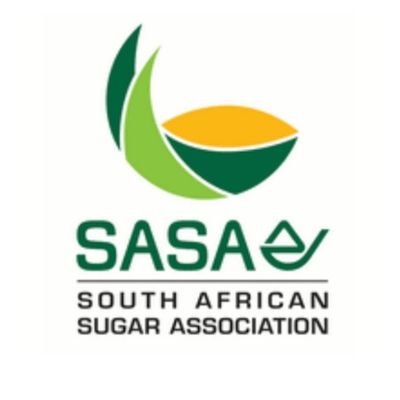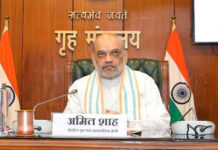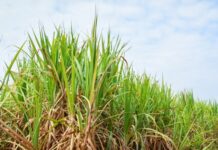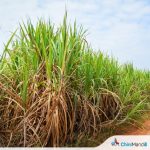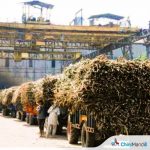The South African Sugar Association (SASA) has warned that the sugar tax, implemented in 2018, has had a devastating impact on the country’s sugar industry. The tax has led to significant revenue losses, job cuts, and the closure of two sugar mills in KwaZulu-Natal.
The effects are most visible in Darnall, where the local economy has collapsed, poverty has deepened, and crime rates have surged. SASA warns that any further increases to the tax or reductions in the HPL threshold would bring even more severe consequences for the industry and affected communities.
SASA executive director Sifiso Mhlaba cited findings from a study by the Bureau for Food and Agricultural Policy (BFAP) indicating that lowering the HPL threshold could cut the locally refined sugar market by at least 11%, equivalent to 160,000 tons annually. This would result in an R750-million annual drop in industry turnover as raw sugar exports at lower global prices reduce profitability for growers and millers.
“This reduction would mean losing 27,400 hectares of cultivated cane land, mainly in KwaZulu-Natal’s North Coast and Midlands areas. Additionally, it would lead to the loss of 1,975 permanent jobs, 2,076 seasonal jobs, and place 1,630 small-scale growers at risk of going out of business,” Mhlaba stated.
The economic ripple effect would also reduce household income, worsen food insecurity, and increase poverty in KwaZulu-Natal and Mpumalanga, SASA warned.
To address the challenges, the South African Sugarcane Value Chain Master Plan to 2030 was launched in November 2020 during the Covid-19 lockdown. Championed by President Cyril Ramaphosa, the plan aims to ensure the industry’s sustainability through a phased approach.
The plan’s early targets have been met, including exceeding 150,000 tons of local market offtake in its first year and 300,000 tons in its third. Support for small-scale growers has also been prioritized, with over R60 million allocated annually for premium payments between 2021 and 2024, increasing to R68 million in the latest season.
Key priorities outlined in the master plan include strengthening the local sugar market, ensuring stable pricing, providing trade protection, supporting small-scale growers, and exploring diversification opportunities.
SASA highlighted potential sugarcane-based projects such as sustainable aviation fuels, biodegradable polymers, and other innovations. However, most of these initiatives remain in early development stages, requiring significant time, investment, and regulatory support to reach commercial viability.
“For these projects to succeed, we need an enabling regulatory framework, similar to the strategies that worked in countries like India and Brazil,” Mhlaba said.
SASA has called for the government to extend the current sugar tax moratorium until 2030, arguing that the industry cannot focus on future growth if its immediate survival is in jeopardy.
“Our plea to the government is urgent: without a moratorium, the industry faces an uncertain and perilous future,” Mhlaba concluded.

